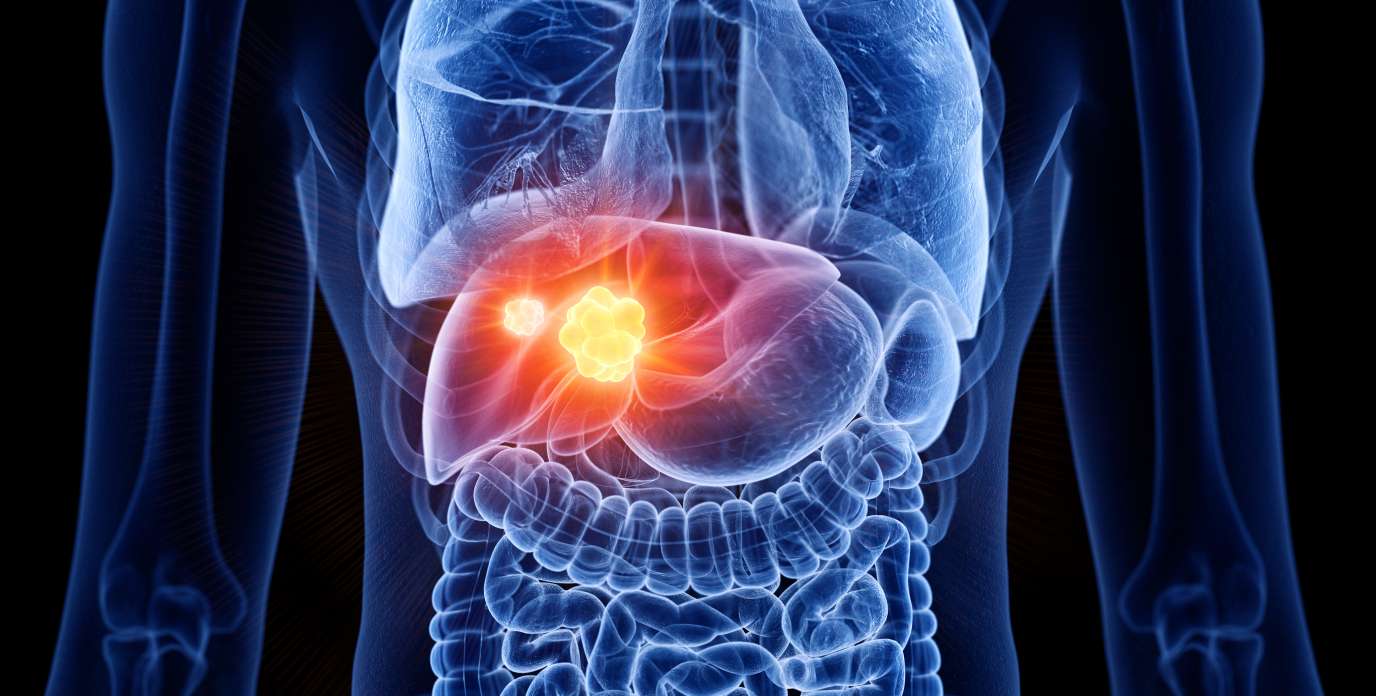April 8, 2025 — Leyden Laboratories B.V., based in Leiden, has released new findings demonstrating the potential of its intranasal antibody therapy, CR9114, in providing broad-spectrum protection against influenza viruses. The study highlights the efficacy of delivering antibodies directly to the nasal mucosa, offering a novel, non-vaccine approach to combating respiratory infections.
Key Findings:
-
Enhanced Efficacy at Lower Doses: Intranasal administration of CR9114 achieved significant protection against influenza in vivo at substantially lower doses compared to systemic (intravenous) delivery.
-
Fc-Independent Mechanism: Unlike systemic administration, which relies on Fc-mediated effector functions, intranasal delivery of CR9114 provided protection through its antigen-binding (Fab) region alone. This suggests a unique mechanism of action when administered via the nasal route.
-
Broad Viral Coverage: CR9114 not only binds to influenza A and B viruses but also demonstrates affinity for influenza C and D strains. This broad binding profile indicates potential for comprehensive protection against various influenza subtypes.
Dr. Clarissa Koch, Chief Research Officer at Leyden Labs, commented, “These findings underscore the advantages of targeting the respiratory mucosa directly. By administering antibodies intranasally, we can achieve effective protection with lower doses and potentially broader coverage.”
The study was conducted in collaboration with Professor Nigel Temperton, Director of the Viral Pseudotype Unit at the Medway School of Pharmacy, University of Kent and University of Greenwich. Professor Temperton noted, “This research highlights the often-overlooked impact of administration routes on antibody efficacy. Intranasal delivery could redefine our approach to prophylactic treatments against respiratory viruses.”
Leyden Labs’ Mucosal Protection Platform aims to develop intranasal therapies that provide immediate, broad-spectrum defense against respiratory pathogens. The company plans to publish additional data later this year, further exploring the dynamics of intranasal antibody administration.
For more information, visit Leyden Labs’ official announcement.



